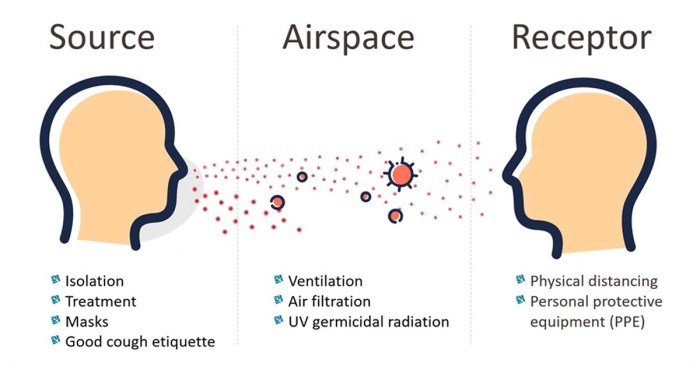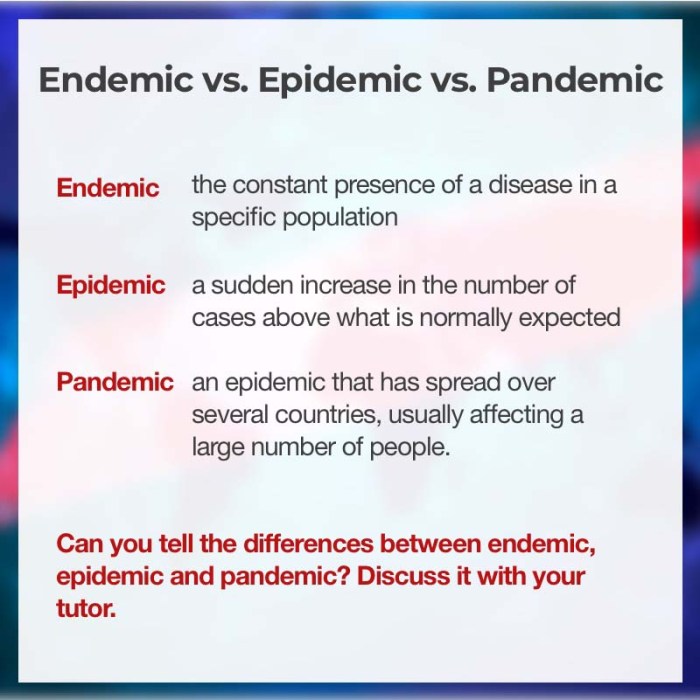Virus transmitted through language crossword – Delving into the intriguing concept of virus transmission through language, this discourse unveils a fascinating interplay between linguistics and public health. Exploring historical beliefs, scientific evidence, cultural implications, and educational strategies, this article sheds light on a topic that has sparked both curiosity and controversy.
The notion that viruses can be transmitted through language has been a subject of debate for centuries, influenced by cultural and linguistic factors. However, scientific research has consistently refuted this belief, demonstrating the lack of evidence supporting such a mode of transmission.
Virus Transmitted Through Language

The belief that viruses can be transmitted through language is a longstanding one, with roots in both cultural and linguistic factors. In some cultures, it is believed that certain words or phrases can carry harmful spirits or energies that can cause illness.
Additionally, the close association between language and communication can lead to the perception that viruses can be spread through speech.
Scientific Evidence and Refutations
Despite these beliefs, there is no scientific evidence to support the claim that viruses can be transmitted through language. Numerous studies have investigated this possibility, and all have found no evidence of viral transmission through speech or writing. The overwhelming scientific consensus is that viruses are spread through contact with infected bodily fluids, such as saliva, blood, or mucus.
Misconceptions and Myths
Despite the lack of scientific evidence, the belief that viruses can be transmitted through language persists in some circles. This misconception may be due to several factors, including fear of the unknown, misinformation, and cultural beliefs.
It is important to debunk these myths to prevent the spread of misinformation and to ensure that people take appropriate steps to protect themselves from viruses.
Cultural Implications
The belief that viruses can be transmitted through language can have significant cultural implications. In some cultures, this belief can lead to discrimination and prejudice against people who are perceived to be carriers of disease. Additionally, it can lead to social isolation and fear of communication.
It is important to understand the cultural implications of this belief in order to develop effective public health campaigns and to promote understanding and tolerance.
Education and Public Health, Virus transmitted through language crossword
Education is key to combating misconceptions about virus transmission through language. Public health campaigns should focus on providing accurate information about how viruses are spread and how to prevent infection. Additionally, schools and other educational institutions can play a role in teaching students about the science of virus transmission.
By providing accurate information and dispelling myths, we can help to prevent the spread of misinformation and protect public health.
FAQs: Virus Transmitted Through Language Crossword
Can viruses be transmitted through speaking or writing?
No, scientific evidence does not support the transmission of viruses through language.
Why do some people believe that viruses can be transmitted through language?
Cultural beliefs, linguistic factors, and misinformation can contribute to this misconception.
What are the implications of believing that viruses can be transmitted through language?
Such beliefs can lead to discrimination, prejudice, and hinder effective communication.


